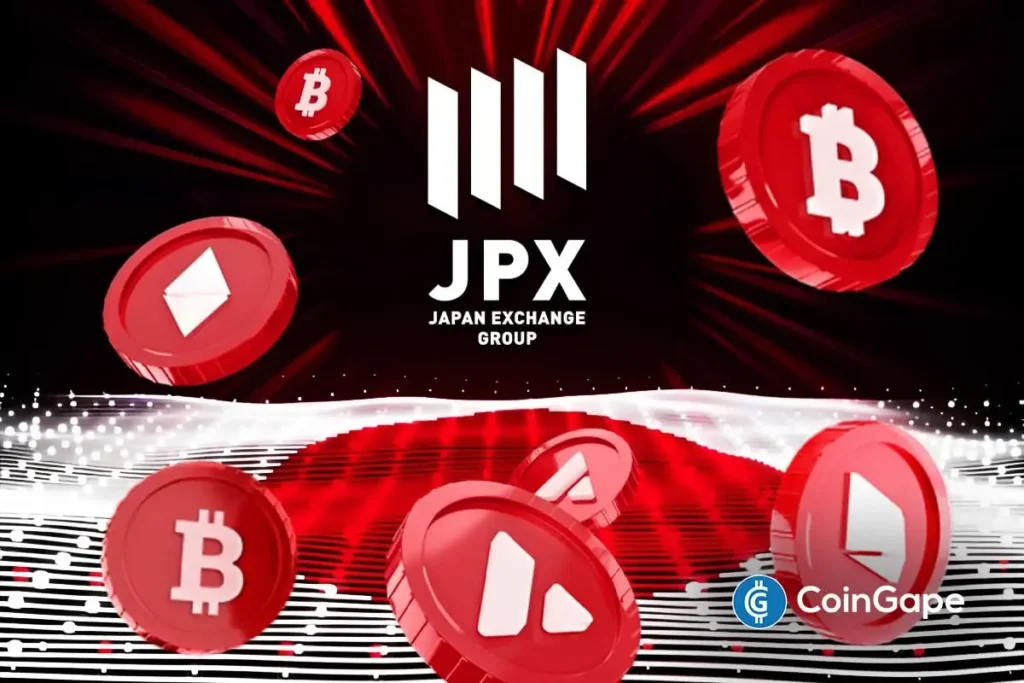Japan’s Cryptocurrency Landscape on the Verge of Transformation
Japan’s cryptocurrency landscape is experiencing a pivotal moment as the Osaka Exchange gears up to explore derivatives trading. This strategic move aims to cater to the increasing demand for digital assets while enhancing institutional adoption and addressing regulatory frameworks. The developments in Japan signal a significant shift in how cryptocurrencies are integrated into mainstream finance, potentially setting a benchmark for other nations in the sector.
Osaka Exchange’s Strategic Shift
Recent reports from Bloomberg highlighted that the Osaka Exchange is actively researching crypto derivatives. President Ryusuke Yokoyama has emphasized the necessity of this exploration, which stems from a growing investor appetite for digital assets. The exchange intends to collaborate closely with Japan’s Financial Services Agency to navigate regulatory changes, ensuring that any new offerings are suitable for the local market. This is a critical step in establishing a more robust infrastructure for crypto trading in Japan, potentially leading to greater institutional participation.
Potential Launch of Crypto ETFs
Another significant development is the parent company of the Osaka Exchange, Japan Exchange Group (JPX), considering the launch of crypto-related exchange-traded funds (ETFs). Yokoyama has expressed optimism that, upon regulatory approval, these ETFs could be listed on the Tokyo Stock Exchange. This aligns with Japan’s recent lifting of its ban on crypto ETFs, as advocated by the country’s Liberal Democratic Party (LDP). The introduction of crypto ETFs could open up new pathways for investment in digital assets, allowing traditional investors to gain exposure through established financial instruments.
Regulatory Overhaul and Its Implications
Japan has long been recognized for its progressive stance on cryptocurrency; it was one of the first countries to legalize digital assets in 2017. However, recent challenges, including high-profile hacks such as the Mt. Gox incident, have prompted a reevaluation of its regulatory framework. As of July 2025, Japan is updating its crypto regulations to enhance anti-money laundering (AML) laws, introduce stricter tax reporting obligations, and reclassify certain tokens. These changes aim to create a safer and more transparent crypto trading environment, which is likely to instill greater confidence among investors.
Institutional Investment Grows
The interest in cryptocurrencies among institutional investors is evidenced by moves from significant players in the market. For instance, Japanese investment giant Metaplanet has been aggressively acquiring Bitcoin, mirroring strategies similar to those embraced by renowned figures in the crypto world. This underscores a growing enthusiasm for digital assets among institutional entities in Japan, marking a shift from speculative investment to more strategic asset accumulation.
Future Prospects for Japan’s Crypto Landscape
The future prospects for Japan’s cryptocurrency market look promising, particularly with the ongoing developments in derivatives trading and the potential introduction of crypto ETFs. As Japan continues to fine-tune its regulatory framework, it is poised to attract both domestic and international investors keen on participating in this evolving digital asset space. By leveraging its existing financial infrastructure and emphasizing regulatory clarity, Japan can consolidate its position as a global leader in cryptocurrency adoption.
Conclusion: A New Era for Digital Assets in Japan
In conclusion, Japan’s crypto landscape is on the brink of a transformation that could reshape the future of digital asset trading. With the Osaka Exchange’s exploration of derivatives, the potential listing of crypto ETFs, and an evolving regulatory environment, Japan is set to bolster its standing in the global cryptocurrency arena. Investors, both institutional and retail, should monitor these developments closely, as they could present substantial opportunities in the dynamic world of digital assets.


